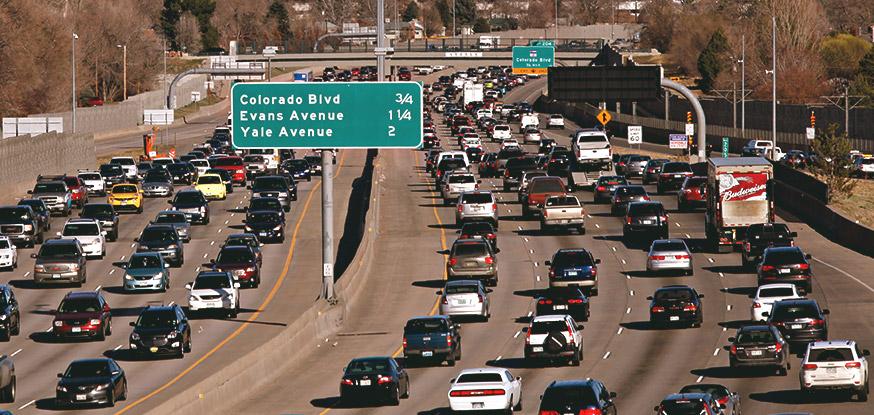Electronics conglomerate Panasonic has claimed its 'smart city' platform will end traffic congestion in Colorado. Panasonic officially announced that it had entered into a collaboration agreement with Transit-Screen, which is a manufacturer of real-time displays.
Panasonic believes that the new partnership can significantly reduce traffic congestion in urban centers all across the US and Canada, and will begin that process in the Rocky Mountains. Panasonic will merge its City-NOW platform with that of Transit-Screen's backend data and software development capabilities. The synchronization between both parties will enable them to be able to deliver real-time updates on transit and transportation data which will subsequently allow drivers to make informed decisions based on the up-to-date real-time information at their disposal.
Analysts have predicted that this innovative system will ensure cities meet the environmental and efficiency goals which have been outlined by their executive and technology offices. It has been pointed out that the technology has been specifically designed to create a 'seamless experience' for motorists, residents and tourists. In addition to this, the new system will also ultimately be able to build on broader transportation programs which have fundamentally been created to save lives.
Transit-Screen is based in Washington D.C., and it specializes predominantly in manufacturing real-time transportation information displays. A spokesperson for the organization has stated that its technology can be found in every major city in the US and Canada. It is believed that the technology will extend its reach to government organizations, which would result in the partnership being a one-off transit project, and instead more a component of an integrated smart city program that includes many aspects of government operation and service delivery.
Chairman and CEO for Panasonic Corporation of North America, Tom Gebhardt expressed his delight at the new partnership agreement, and declared that the merging of both companies technology would provide an effective solution to urban congestion and other mobility factors.
The CEO said: "Partnering with Transit-Screen allows Panasonic to augment its City-NOW solutions in transportation and mobility with rich transportation data, supporting all types of mobility customers. Transit-Screen's IoT technologies will create a smoother, more seamless experience for residents and visitors alike in key cities by providing people with the transit and local event information they need right when they need it."
The demand for new products in relation to display technologies continues to increase, and with the UN estimating that the collective urban population set to grow to 2.5 billion by 2050, the necessity for such products will not subside anytime soon. However, Colorado's ultimate goal with the evolution and adoption of transportation technology is to save lives and eliminate unnecessary deaths. Last year, was the highest number of road fatalities in more than nine years – with more than 600 people losing their lives.
"Our vision is a future where cars don't crash, roads don't get congested, and people don't die on our roadways," Bhatt said. "And we believe that this partnership with Panasonic is going to help us harness big data to help us operate the system more safely and effectively."

